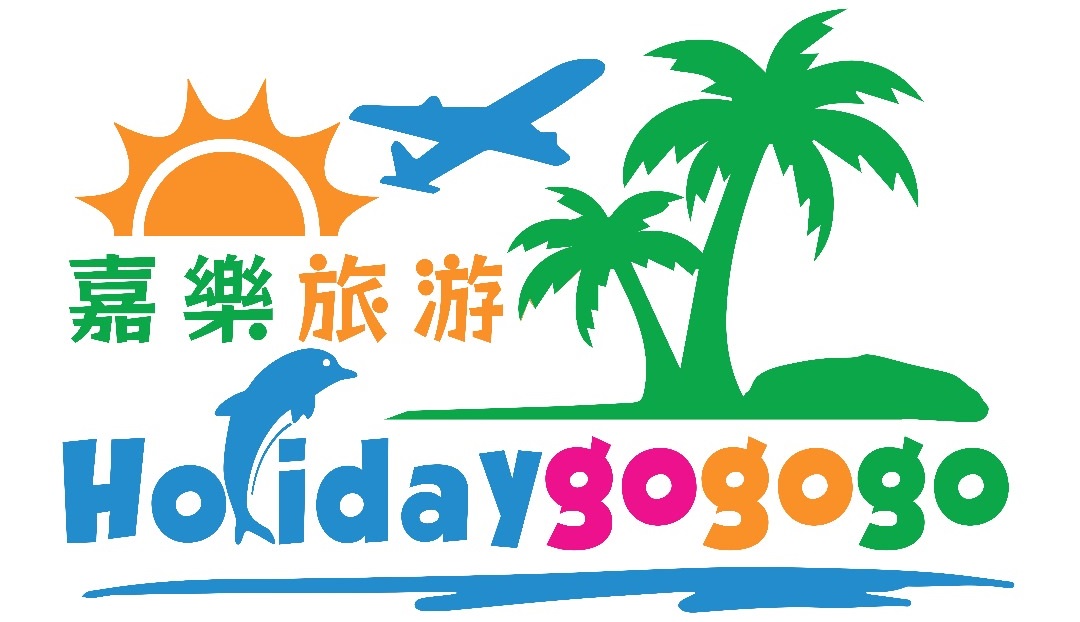“If something seems too good to be true, it probably is”
This proverb is especially relevant to the tourism industry, as scams are rampant and scammers are always looking for new ways to take advantage of unsuspecting travellers. Although it can be hard to resist the thrill of exclusive discounts, affordable luxury trips, and once-in-a-lifetime vacation experiences, these opportunities have their risks. It’s essential to recognise early warning signs, confirm the legitimacy of the travel deals, and always take unbelievable offers with a grain of salt. By staying vigilant, you can ensure that your dream vacation doesn’t turn into a nightmare.
Common Travel Scams

Image credit: Pexels
Travel scams are becoming increasingly prevalent, especially in today’s digital age, making being aware more crucial than ever. Below are some of the common travel scams and signs to look out for:
1. Fake travel agencies
Fake travel agencies appear deceptively legitimate due to setting up a professional-looking website, having convincing customer service, and offering in-demand vacation packages to lure unsuspecting travellers. These agencies don’t adhere to the law, lack proper registration or certification by the relevant authorities, use stolen content and logos, and flood their website with fake reviews. Once travellers make a payment, they might find that the agency no longer exists or that the booking was never made. These scams can lead to a loss of money and ruined travel plans.
Spot the signs: No address or physical office, generic contact information, not a member of travel associations, no proper documentation or MOTAC license, suspicious website.
Check MOTAC license status – http://www.motac.gov.my/en/check/tobtab
2. Vacation package scams
Another way scammers take advantage of unaware travellers is by offering fraudulent vacation packages. These packages usually offer an all-inclusive luxury travel experience at only a fraction of the price. However, just like fake travel agencies, they are left with a subpar experience, or, even worse, discover that the booking was non-existent. To make matters worse, some agencies vanish, leaving them unreachable and standing travellers without backup arrangements. Additionally, these schemes may involve non-refundable payment terms, making it even more difficult for travellers to get their money back.
Spot the signs: High-pressure sales tactics, package terms and conditions changing after booking, no clear refund policies, requesting traveller to download third-party applications or click random links, presenting personal bank account information instead of the company’s when requesting payment
3. Bait-and-switch offers
Bait-and-switch is a form of sales fraud where a business baits a customer with an attractive offer only to switch to a more expensive or less favourable offer when the customer commits. At first, the offer may seem legitimate, but as it progresses, the terms and conditions might change or the advertised product might be unavailable. Compared to scams, bait-and-switch tactics may involve legitimate transactions with a real company but end in a misleading change of terms. For example, you are hooked by a great vacation deal offered by this travel agency. However, upon arrival at the destination, you discover that the quality and what was promised in the booking was severely misrepresented, which ends up completely ruining your travel plans.
Spot the signs: Unrealistic pricing, vague package details, high-pressure sales tactics, last-minute changes, unverifiable promises
4. Hidden fees
Often, hidden fees are charges that aren’t disclosed when making a booking. Imagine booking an affordable vacation package, only to be saddled with hidden fees raising the total cost of the trip. These fees may include expenses for things that were presumably included such as mandatory tips, resort fees, tourist tax, or baggage fees. Travellers may only realise this when they are finalising their payment or when they arrive at their destination, which leads to financial burden and frustration. To avoid this, always request an itemised breakdown of costs, carefully read the terms and conditions for the booking, and check customer reviews for any mention of sudden charges.
Spot the signs: Lack of clear pricing information, lack of transparency about costs, sudden price surge during booking, refusal to provide an itemised breakdown, demands for additional payments after booking
5. Website spoofing and phishing emails
Scammers often spoof known websites such as Booking.com or Expedia and send out phishing advertisements about attractive packages. Travellers who click these links and log into the website lose money and financial details. Established airlines are often spoofed as well, where they use these sites to steal credit card information and loyalty points. Additionally, phishing emails are used to impersonate reputable travel companies, offering exciting deals through links designed to steal personal and financial information.
Spot the signs: Subtle URL differences, suspicious links or pop-ups, typos and grammar mistakes, fake contact information, unusual payment methods
10 Ways You Can Protect Yourself
- Verify the company’s legitimacy before booking anything. Ensure they are licensed under MOTAC and MATTA, and cross-check their status against MOTAC’s blacklist.
- Carefully analyse package details published on the travel agency’s website or printed material to avoid paying unreasonable amounts or being scammed by fraudulent offers. Practise comparing prices from different sources and ensure payments are made to a company account, not a personal one.
- Always read the fine print – Understanding terms and conditions in any deal can help to identify any ambiguous or vague terms that could be used to exploit you.
- Keep documented proof of all transactions and communications as it can serve as evidence in the event of disputes or scams.
- Seek recommendations and reviews from family, friends, and trusted sites as personal experiences and referrals provide valuable insights into the credibility and reliability of the service provider.
- If needed, request a copy of the travel agency’s and agents’ licenses and ensure they provide an original and clear copy of the document.
- Always request for an itemised bill with the official company letterhead and bank account details when booking, and verify what you are being charged for aligns with what was agreed upon.
- Don’t hesitate to ask those questions! Ask detailed questions and verify answers from other sources. For example, ask about transport types, vehicle capacity, room look and facilities, what airlines will be used, seat assignments and ticket inclusions.
- Confirm that the company’s name on the letterhead, MOTAC and MATTA websites, and bank account details match.
- There’s no harm in double-checking bookings. Call the hotel, airlines, or local service providers to confirm that the booking is registered under the traveller’s name.
Key Takeaways
- Never trust travel service providers that ask you to download random applications or click on unfamiliar links. They may lead to phishing schemes or malware created to steal your personal and financial data, which can be sold.
- Reject offers or promotions that seem unbelievably good. Always compare prices from different sources, such as asking different travel agencies for their rates and inclusions on a specific vacation package.
- Do not book with travel service providers not recognised by MOTAC. Head to MOTAC’s website to check their ‘List of Travel Operating Business and Travel’.
- Immediately dismiss travel companies who can’t answer common travel-related inquiries. An experienced travel agent or company should be able to confidently answer common inquiries regarding their business and products.
- Always be cautious, trust your instinct and verify pertinent information. Staying vigilant can protect your peace of mind and your wallet.
Resources
Are you planning a trip and wondering about the legitimacy of the travel agency? Check these resources out:

